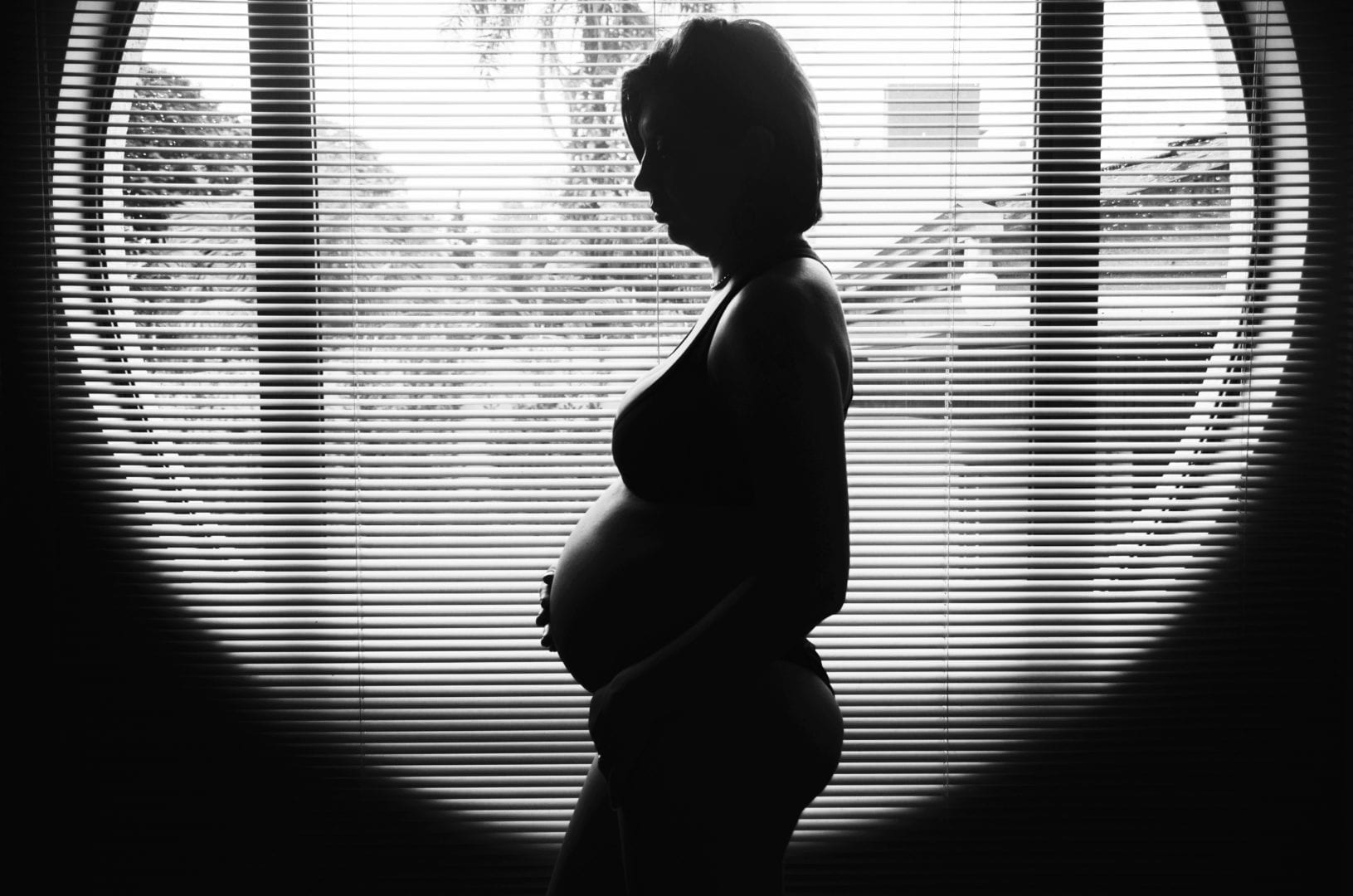Nearly 1 in 5 women suffer from depression during pregnancy. And four little letters might be the cause.
Depression during pregnancy is a common topic of discussion amongst moms-to-be, and rightfully so.
The American Congress of Obstetricians and Gynecologists reports that 14 to 23 percent of women combat depression during pregnancy, a phenomenon that has stumped researchers for years.
That is, until now.
According to Consumer Affairs, analysts at the University of Ohio may have found the answer: brain-derived neurotropic factor — a protein in the brain more affectionately known as BDNF.
What Is BDNF? And Why Does It Matter?
The four-letter acronym holds a lot of power in a woman’s brain: it affects mood, plays a role in depression and, during pregnancy, it’s involved in the development of the placenta — which plays a big role in the growth and development of the baby’s brain, according to Consumer Affairs.
Lisa Christian, a psychologist and researcher at Ohio State University, led a team of scientists to study the levels of BDNF in 139 pregnant women. She told Consumer Affairs that the levels of the protein went down during pregnancy, since the baby is using protein for placenta and brain growth.
Christian and her cohort found that, when the levels of BDNF began to drop in the second and third trimesters — when infant growth starts to slow down — some of the women began to exhibit signs of severe depression.
“Then the low BDNF is also seen even more considerably in the third trimester concurrently with the depressive symptoms,” Christian told Today’s Parent. “It’s helping us understand what some of the causal mechanisms [of depression] might be.”
So, could BDNF be a key cause of depression during pregnancy? And if so, is it preventable?
Tough to say just yet. Christian told Consumer Affairs that exercise and a healthy lifestyle during pregnancy has been known to combat depression. And although antidepressants have been shown to increase BDNF levels, Christian warns that those medications do come with serious potential risks and side effects that every mother should take into account first.
Why You Should Think Twice About Antidepressants
Case in point: According to Science Daily, a recent study from the University of Montreal linked antidepressants during the first three months of pregnancy to low birth weight in infants.
“Women can see that we have a real effect on a specific biomarker that we know supports the mom and that we know supports the baby. This might provide them with some more concrete motivation to take care of themselves.”
The American Pregnancy Association offers the following tips to spot depression symptoms during pregnancy:
- Persistent sadness
-
Difficulty concentrating
-
Sleeping too little or too much
-
Loss of interest in activities that you usually enjoy
-
Recurring thoughts of death, suicide, or hopelessness
-
Anxiety
-
Feelings of guilt or worthlessness
-
Change in eating habits
If you or someone you know might be suffering from depression, it’s important to seek help as soon as possible. For resources on how to get help, please visit the U.S. Department of Health and Human Services website.





